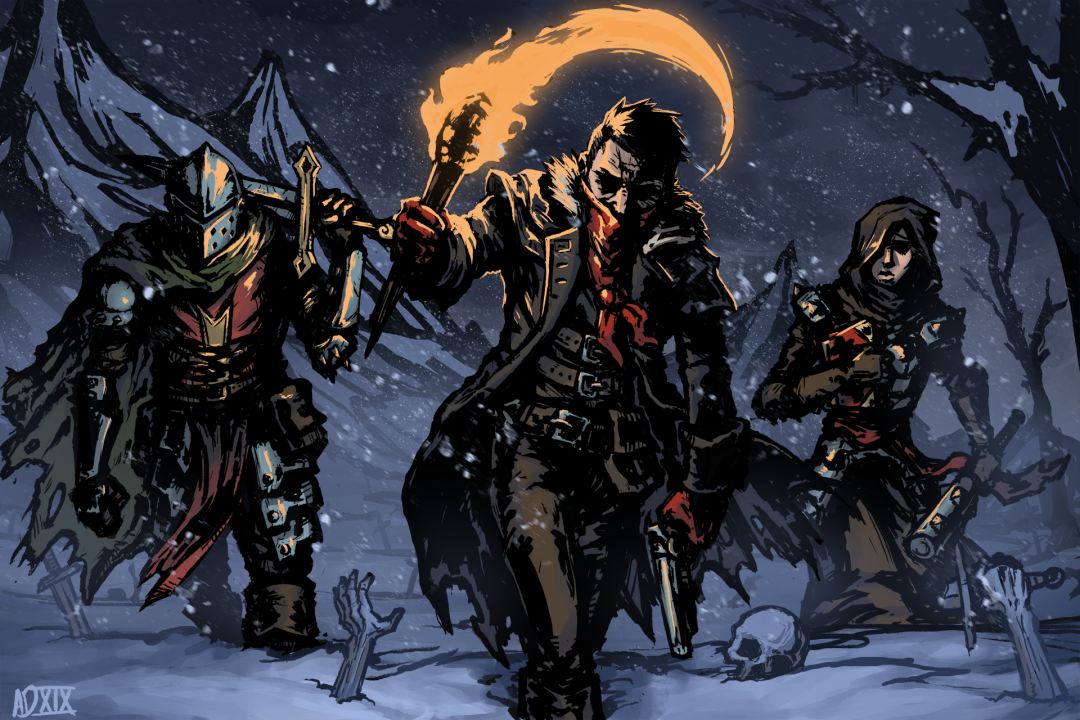I don't expect anyone who enjoys playing evil in video games to agree with me, but I've always felt a conviction on an intuitive and spiritual level that if one practices stealing and murdering in games, one is reinforcing one's darkest impulses, which is not mentally healthy in my opinion.
I strongly disagree with a generalization of that conviction.
First of all, define "evil".
I like stealing and pickpocketing in games, lately it has become both a dexterity challenge and a role-playing element for me, but apart from the thrill of executing a good, sneaky plan, it's more like living out my mischievous side of playing tricks on others than the greedy wish of wanting to take what isn't mine by force.
I certainly wouldn't put it on the same level as cold-blooded murder.
I like to choose the good path in games too, as in helping people, being kind, saving others. I wouldn't walk past a suffering person laughing at them or cutting their throats to take their coin. I'm a parent IRL, and I work in a profession where people literally trust me with their lives on a daily basis.
And yet, while for some people a game allows them to express their views, convictions and true feelings in a meaningful way, for others it can sometimes be the chance to safely explore or let out sides of themselves that don't have much space IRL, where they're allowed to blow off steam, to be a bit more reckless and irresponsible than real life would allow them to be.
I don't believe that's reinforcing the darkest impulses, or that allowing us to do things in games means we will then start doing things IRL we wouldn't have considered before.
For example, I doubt I'd drop from a rooftop to backstab my employer instead of filing a complaint, or to steal my colleague's expensive wristwatch, just because I can do so in a game.
That would be a similar reasoning as the one people are using who think that video games enhance antisocial and violent tendencies in teenagers, or the one governments of certain countries are using by forbidding games, movies or literature with LGBTQ+ content so that young people won't be seduced by it.
I highly doubt the possibility to see or do something in a game means we would suddenly start doing things IRL that we otherwise would have found repulsive or abhorrent.
Games can, however, provide an opportunity and environment to safely explore things and make experiences that real life circumstances don't give us the chance to do. That can be an outlet for aggressive feelings, it can be mischief and trickery and letting go a bit of strict rules and restrictions, it can be the chance to help, to explore honour and bravery and restraint, it can be something as simple as trying out styles and outfits or crafting and building, and it can mean exploring one's preferences and sexual orientation in romance interaction, to name a few.
Edit: That doesn't mean I'm against playing oneself in games or following one's conscience, conviction, code of honour... on the contrary. I believe who and how we are shapes how we behave, but also what we do can influence or even change how we think and feel and eventually how we see ourselves as a person.
I just think it's a bit more complex than "if you kill people in games, you become more callous IRL" for example.
There is such a thing as "pretend play". It's possible to slip into a role and "be" someone else for a time, to even explore personality traits that are totally strange to us and contrary to how we would behave in the real world.
An actor for example, be they a professional, or part of a hobby theatre group, will "be" that tyrant, whore, thief or murderer for hours, days, months, and practice how to be them, how to act and express that role, and yet, they don't become that person. Kind, caring people can play the role of a mass murderer, then go home and be a loving family person.
There have been actors of evil roles receiving hate mail from fans who can't tell them apart from the roles they played. I believe those are the ones who aren't mentally healthy, who can't tell reality from fiction.
It's "role-playing games". We're playing roles. Like a stage actor. We don't turn into that person forever.
If someone feels they'd rather not do that and just be the ideal version of who they want to be instead of experimenting with other varieties, that's totally valid, and if someone feels that giving in to their "darker" side in a game makes it harder for them to control their undesired impulses in real life, then it's very reasonable and mature to practice that kind of restraint.
All I ask is to avoid generalization and judgment of others. And
@BelgarathMTH , I hope you know that I appreciate your opinions, I'm not "battling" against you, just trying to show that what is right for one person isn't necessarily a general rule, and for some people what's healthy and what isn't can even be the complete opposite.
That's why it's so cool we have a variety of RPGs and so many ways to play them.

 www.linkedin.com
www.linkedin.com

 www.linkedin.com
www.linkedin.com

